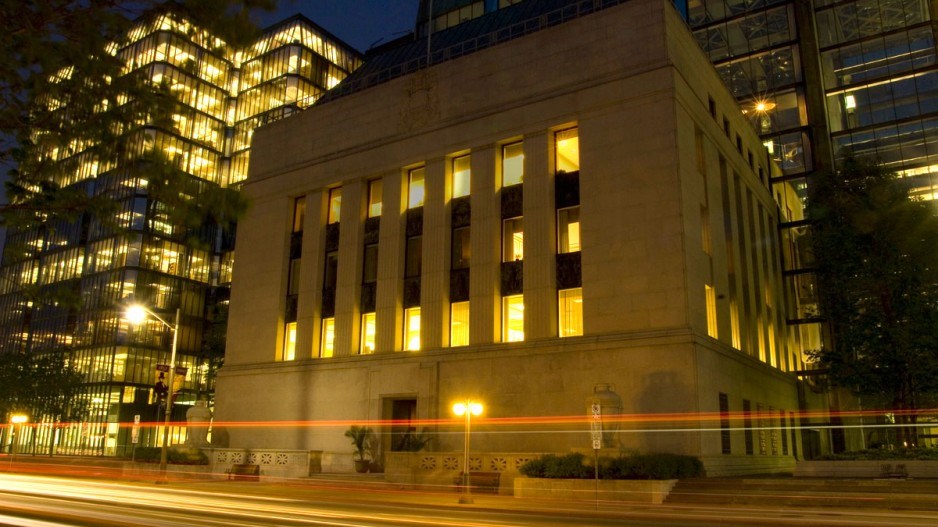Interest rates in Canada are at their lowest since the Great Depression, and it's time to hike them up, according to a C.D. Howe Institute report released this morning.
In The Dangers of an Extended Period of Low Interest Rates: Why the Bank of Canada Should Start Raising Them Now, author Paul R. Masson points out that the overnight rate in Canada is currently 1% in nominal terms, and when inflation is taken into account, short-term interest rates are actually negative.
"Below-equilibrium interest rates for an extended period distort investment decisions, leading to excessive risk-taking and inefficient and ultimately unprofitable investments," stated the C.D. Howe Institute fellow and principal of Weatherstone Consulting Masson in the study.
"They also encourage the formation of asset bubbles whose collapse could lead to a recurrence of the recent financial crisis."
Masson argues that the symptoms of these asset price bubbles are evidenced in Canada's housing sector, for example.
He states that monetary stimulus and low interest rates will, over time, lead to generalized inflation.
"Although notable inflationary pressures are not yet in evidence, the experience of the 1950s, 1960s and 1970s suggests that inflation dangers should not be ignored, since, once built into expectations, they are difficult to dislodge," said Masson.
"The challenge for Canada is to find the right balance between raising rates to avoid financial distortions and inflation, while protecting economic growth in a context of weak export demand by the United States and other trading partners."




